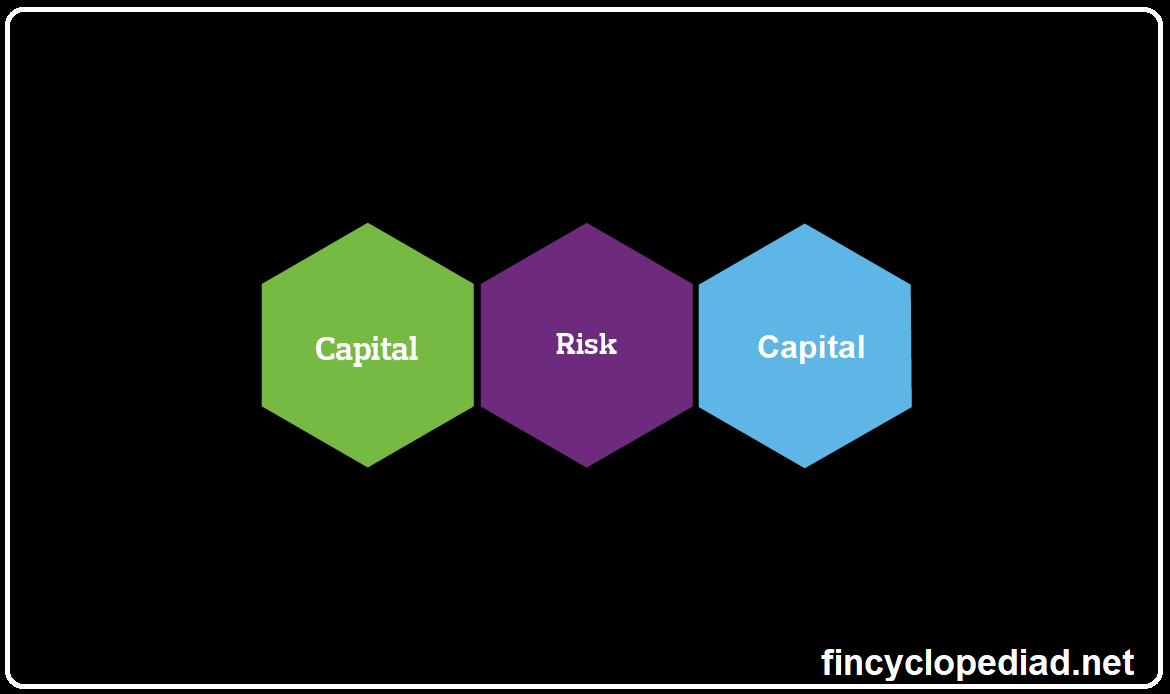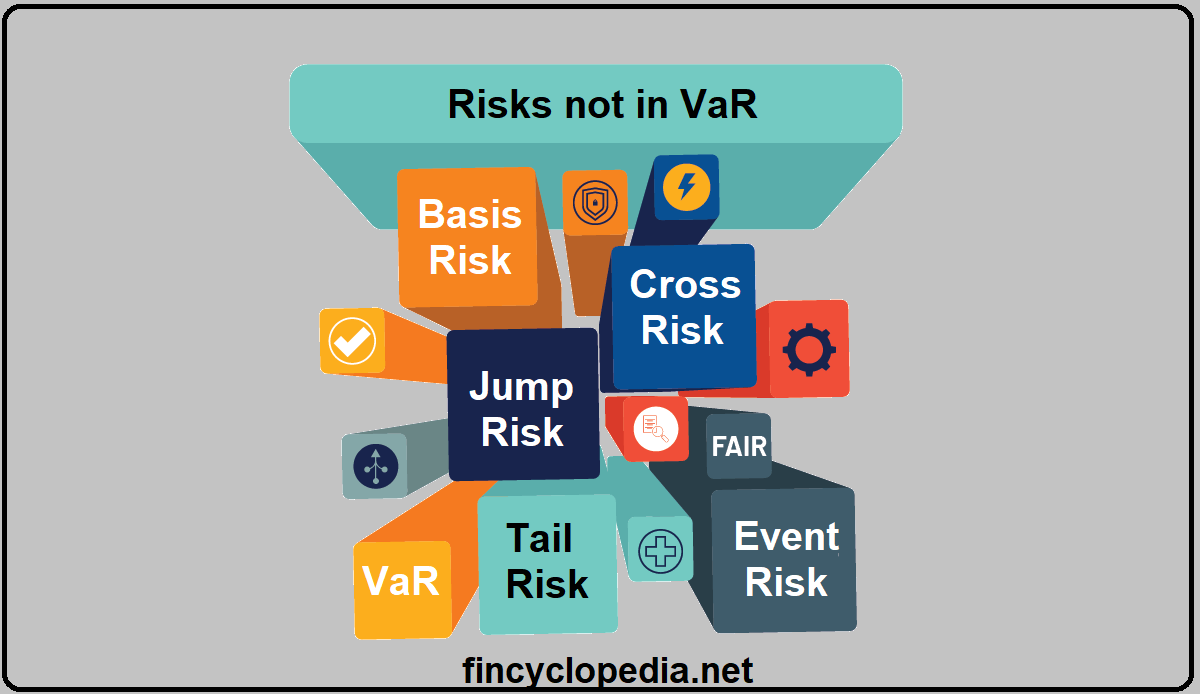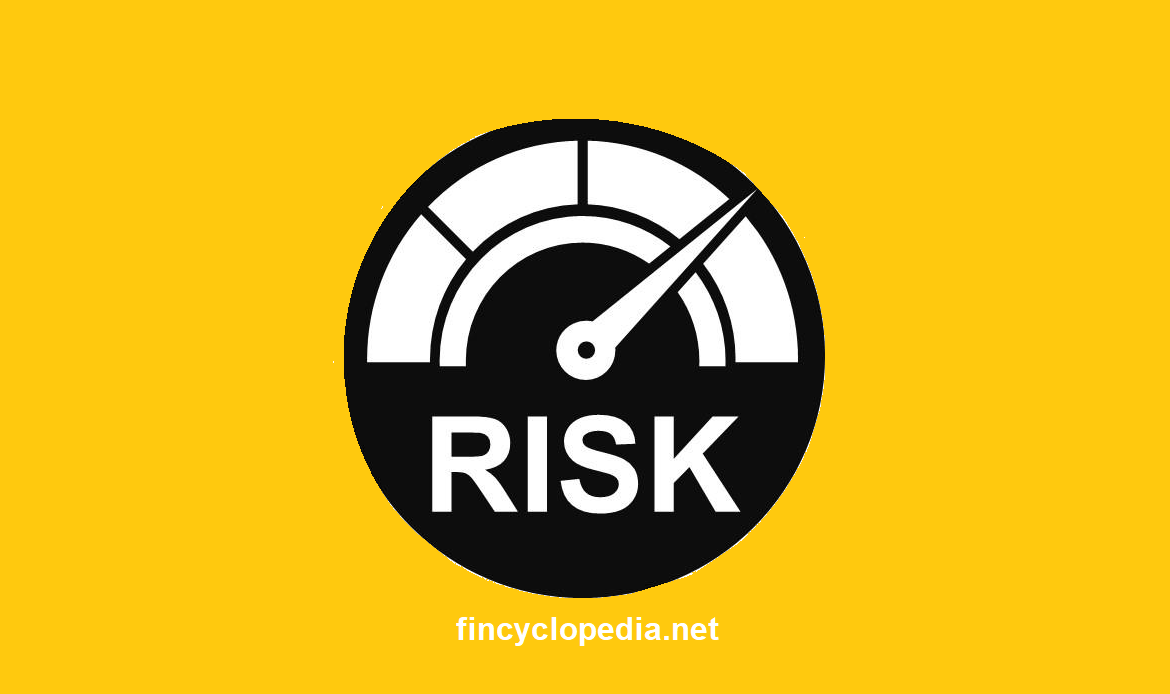A tool (mathematical, statistical, etc.) that is used to assess and determine the amount of risk involved in a position/ an asset/ a set or basket of assets or investments/ a firm, etc. Risk measures vary from the simplest to the most sophisticated. Simple measures include variance and covariance (between an asset and other assets in a portfolio).
Sophisticated measures encompass, for example, the value at risk (VaR). VaR provides a common measure of risk across different positions and risk factors. Using VaR, the risks of the various positions can be aggregated taking into consideration correlations amongst risk factors. By its very nature, VaR is probabilistic and produces useful information regarding the probabilities with which the determined losses would arise. However, VaR does not live up to the requirements of economic intuition and finance theory. Other more appropriate risk measures that do so are the so-called coherent risk measures.
Generally speaking, a risk measure is a calculation process that assigns a specific value to a risk/ risk factor. In this sense, it differs from a risk metric (which is the attribute of risk that is being measured using a specific model or measure).





